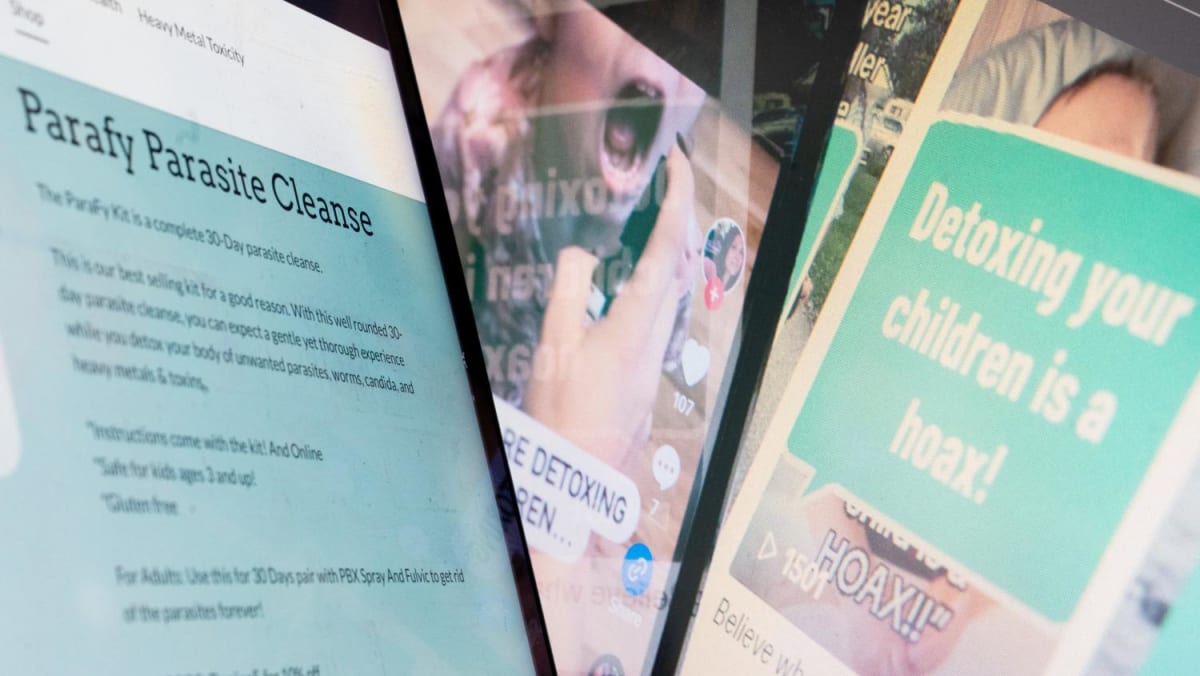WASHINGTON — A TikTok army of American moms claiming to be “detox” specialists is pushing unproven treatments for childhood behavioural disorders — while hiding that their misinformation is actually a marketing campaign aimed at making money.
Many influencers appear to sidestep the possibility of legal challenges with a standard disclaimer: the endorsements are “not medical advice”.
“It has become part of their sales tactic — ‘I’m giving you this information mother-to-mother, not as your doctor,’ so it presumably protects them legally but also connects them with potential consumers,” TikTok misinformation researcher Abbie Richards told AFP.
“The claims these accounts are making could be entirely fabricated in the name of selling merchandise and they aren’t even marked as advertisements.”
People working for MLMs can earn money through commissions from direct sales of products or by recruiting new distributors, according to the US Federal Trade Commission.
The real-life impact of the “pseudoscientific misinformation” is huge, said Jonathan Stea, a clinical psychologist and adjunct assistant professor at the University of Calgary.
“Detox is a scam,” Dr Stea told AFP.
“There’s no compelling scientific evidence to support detox treatments for eliminating ‘toxins’ from the body. Ultimately, a detox bath is a fake treatment for a fake condition.”
‘PREYING ON MOMS’
Parents of autistic children in particular have lashed out at influencers for peddling falsehoods for personal gain, including that detox treatments cure symptoms such as speech delays and enable non-verbal children to start singing.
“A lot of you (influencers) are reaching out saying: ‘Hey girl, I know your child has autism. I have the perfect thing for you,'” a mother named Anna Maria said in a TikTok video.
“Cut it out. Stop preying on moms in the special-needs community.”
But seeming to validate the adage that lies spread faster online than the truth, such videos attract far lower engagement and traction than the slick and sentimental detox endorsements.
TikTok appears flooded with unqualified influencers who spread misinformation, from vaccine and abortion-related falsehoods to health myths, which experts say can have a serious impact on medical decisions.
Last year, the watchdog Media Matters exposed another “predatory” MLM scheme on TikTok to covertly sell weight loss products not approved by US health regulators.
“TikTok’s inability to detect such a large-scale MLM sets a bleak precedent for meaningful moderation of these exploitative schemes,” Media Matters wrote in its report.
“The platform benefited from a significant amount of positive media attention after announcing its MLM ban (in December 2020), but its actual enforcement seems to be failing.” AFP


